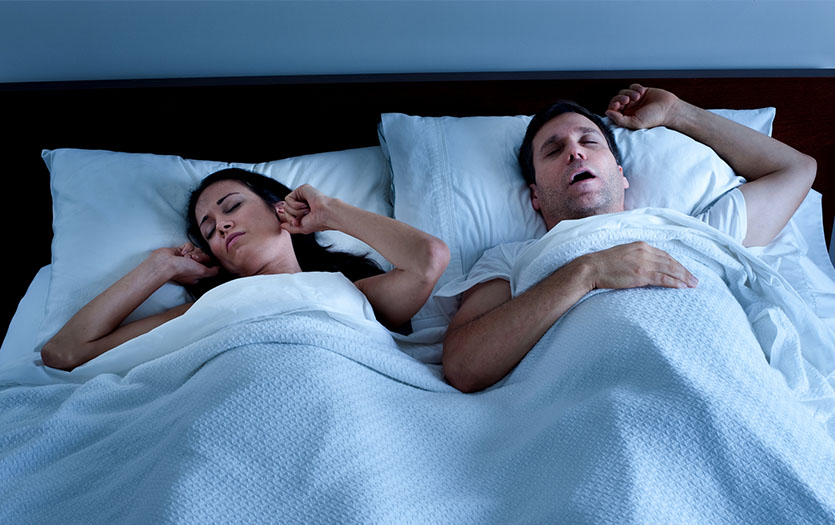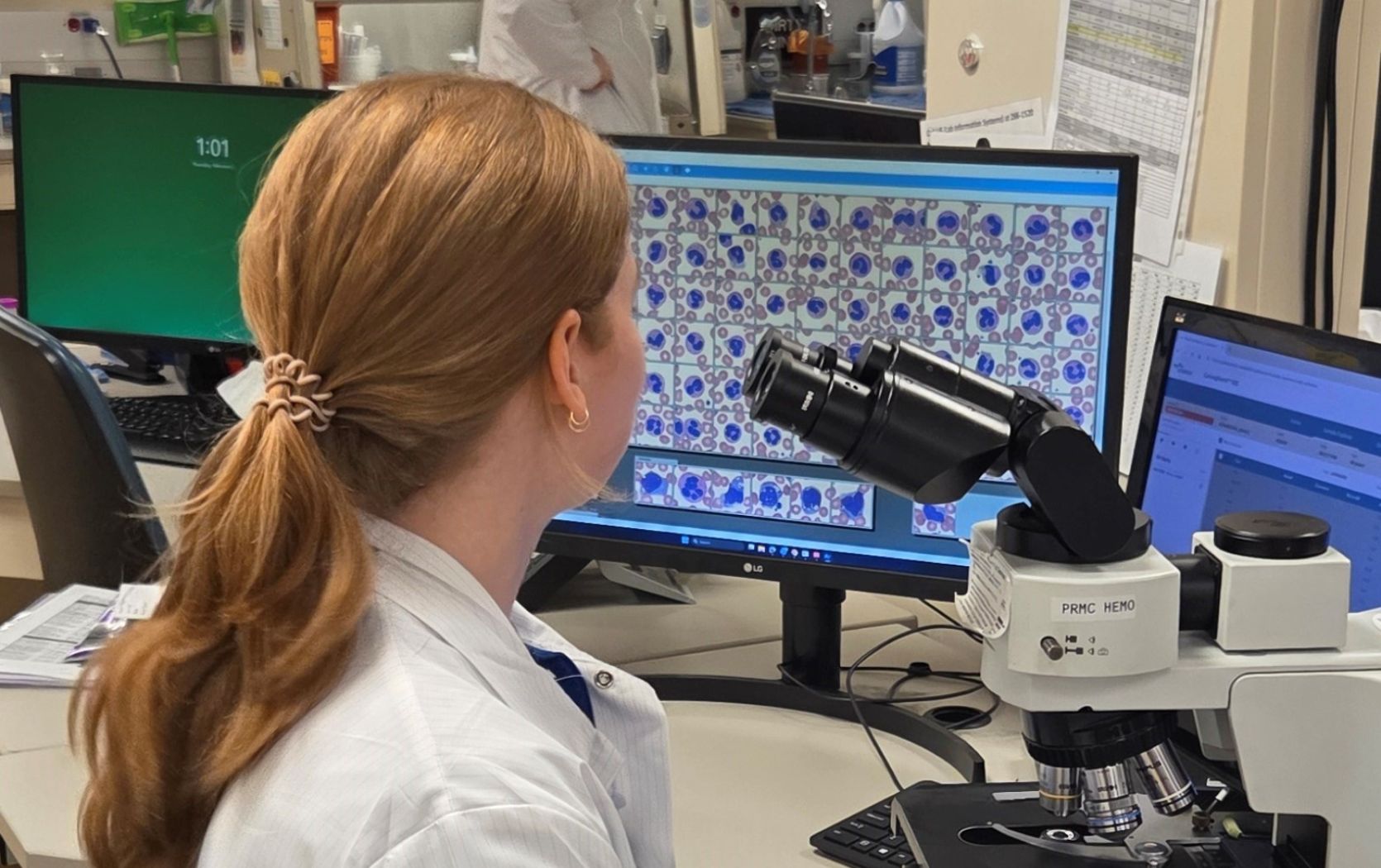
While most people have heard of sleep apnea, few realize there are actually two types of the condition. Central sleep apnea, which we hear of less frequently, is the other form of the sleep disorder that causes you to repeatedly stop and start breathing while you’re sleeping. Although treatable, over time this disorder can lead to serious health complications. That’s why it’s important to understand what it is, what the risk factors are and what treatments are available. Ram Verma, MD, PPG – Sleep Medicine, walks us through the condition.
How does obstructive sleep apnea differ from central sleep apnea?
Sleep apnea, which happens when you stop breathing in your sleep, can be caused by different factors depending on which kind of sleep apnea you have. The two main types are
obstructive sleep apnea (OSA), which is caused by a physical obstruction of your airway and central sleep apnea, which is caused by your brain not sending signals to your breathing-related muscles.
What makes central sleep apnea a more severe condition?
Since central sleep apnea occurs because of neurological signals not being regulated, management of the condition is more challenging than (OSA). Often, central sleep apnea requires more advanced treatments and therapies.
How do you know if you have central sleep apnea?
Often, people think of loud snoring as a sign of sleep apnea. However, not everyone with sleep apnea snores, especially those with central sleep apnea. If someone has witnessed apneas without snoring, that may be a clue that central sleep apnea is the cause. Other symptoms may include:
- Gasping for air during sleep
- Dry mouth when waking up
- Difficulty staying asleep
- Feeling tired when waking up
- Mood and memory changes
- Waking up feeling short of breath or like you’re choking
- Headaches early in the morning
If you suspect you may have central apnea, your provider will most likely recommend a sleep study, which allows you to be monitored while you sleep in a medical facility. The information gathered from the sleep study can help them make a diagnosis.
What are the risk factors for those with central sleep apnea?
People with congestive heart failure, nervous system damage or illness, chronic kidney disease, metabolic diseases and those who use narcotic pain medications are at-risk for developing central sleep apnea.
What are the complications of central sleep apnea?
Living with central sleep apnea can take a toll on your overall health. Some complications include:
- Daytime fatigue. Because your body is repeatedly waking during the night, it’s impossible to get the restful, restorative sleep you need. This can cause you to experience irritability, severe daytime drowsiness and trouble concentrating. People with central sleep apnea are more at-risk for motor vehicle and workplace accidents.
- Cardiovascular problems. During central sleep apnea, your body experiences sudden drops in blood oxygen levels. This can strain your cardiovascular system and increase your risk of high blood pressure, recurrent heart attack, stroke and irregular heartbeats. It can also make heart conditions worse.
- Type 2 diabetes. When your body is deprived of oxygen, like with central sleep apnea, it can directly affect glucose levels and insulin resistance, causing you to develop type 2 diabetes.
How is central sleep apnea treated?
Knowing the cause of your sleep apnea is critical to being able to treat the condition properly. Because advanced congestive heart failure is a risk factor, and central sleep apnea can make heart conditions worse if left untreated, teams from the Parkview Heart Institute are involved in treatment and management. Some options for treatment include:
- Management of the cause. If your sleep apnea is caused by a specific condition, managing that condition may help resolve your sleep apnea. For example, sleep apnea that is caused by narcotic medication could be relieved by stopping that medication. Or, if heart failure is the cause, managing your heart failure may help ease your sleep apnea symptoms.
- Advanced positive airway pressure (PAP) therapy. With this treatment, a portable machine pumps pressurized air into the airway of your lungs through a mask that you wear during sleep. This therapy is extremely effective at keeping the windpipe open, allowing you to breathe normally and prevent sleep apnea from occurring.
- Phrenic nerve stimulation therapy. If PAP therapy is ineffective, which can happen with central sleep apnea patients, phrenic nerve stimulation therapy is considered. This type of therapy involves a device that is implanted in the body and is used to signal your body to breathe normally.
Central sleep apnea can negatively affect your health in a variety of different ways. That’s why it’s important to get the care you need so you can manage and treat your condition. If you think you may have central sleep apnea, talk with your healthcare provider about next steps.
If you have concerns about your sleep quality or suspect you might have a sleep disorder, talk to your primary care provider about a referral to PPG – Sleep Medicine.




